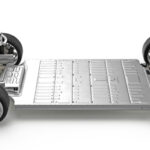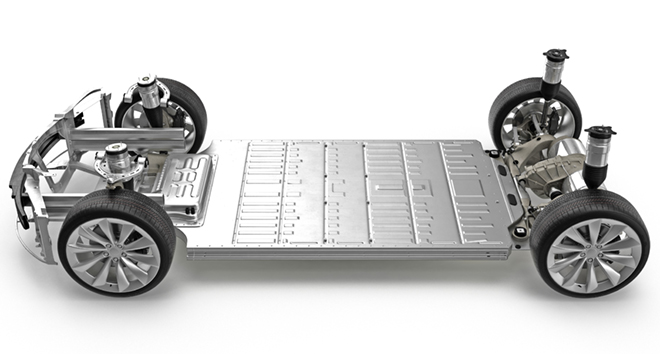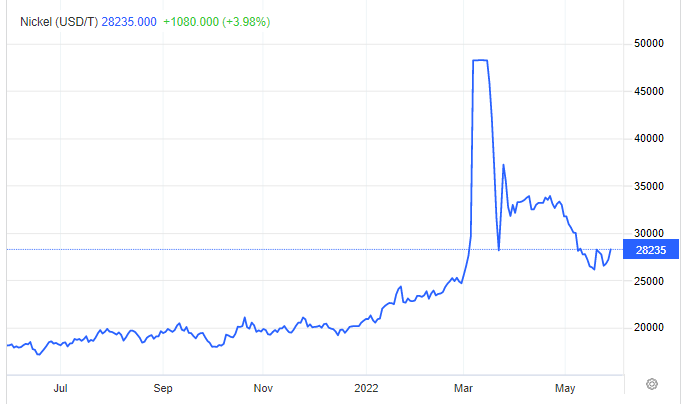Tesla researchers build a battery that lasts 100 years


One of the biggest concerns about electric vehicles is that batteries need to be replaced after a few years, at high costs. Cell phone batteries often last no more than three years, but Tesla researchers have come up with a battery that should be able to overcome many of the time limits, lasting up to 100 years.
Tesla enthusiasts have probably already heard of Jeff Dahn . He is a professor at Dalhousie University and has been a research partner of Tesla since 2016. Its goal was to increase the energy density and lifespan of lithium-ion batteries, as well as reduce their cost. Dahn seems to have hit the main goal together with colleagues from his research team. In an article published in the Journal of the Electrochemical Society, his research group claims to have created a battery that, under the right conditions, could last 100 years.
Dahn's paper contrasts cells based on Li [Ni0,5Mn0,3Co0,2] O2 (“NMC 532”) chemistry, which he invented, to LiFePO4. The latter is the lithium iron phosphate (aka LFP) chemistry that Tesla is currently using in production Model 3 cars built in China and imported into Europe. LFP chemistry has a lower energy density than more popular lithium-ion alternatives, but is cheaper, longer-lasting, and presumably safer too. The LFP can last up to 12,000 charge-discharge cycles, so beating it in this regard is no small feat. Dahn's NMC 532 cells showed no loss of capacity after nearly 2,000 cycles. On the basis of these data, the researcher assumes an overall duration of about 100 years for his batteries.
Dahn also gave a speech in March at the international battery seminar in Orlando, Florida, where he spoke of a "4 million kilometer battery". This included some of the paper's findings, ahead of its publication this month. Dahn had already promised the "million mile battery" and has been testing cells based on his modified chemistry since October 2017. From what was communicated they had excellent performance and after 4.5 years of continuous cycles at room temperature they recorded only 5% degradation. This means they could power an electric vehicle for 4 million kilometers before needing to be replaced.
The longevity is partly due to the transition from polycrystalline cathodes to monocrystalline cathodes, which do not break down as quickly during the charge-discharge cycle. The NMC 532 chemistry used by Dahn contrasts with the NMC 811 chemistry currently employed by LG Chem, which has eight parts of nickel in the cathodes for each part of manganese and cobalt. Last year Tesla Model Y switched from cells with NMC 811 chemistry to LG Chem's NCMA chemistry, known as "high nickel". These cells are more expensive than LFPs or NMC 811s, but offer maximum density for longer runtime. NCMA chemistry uses nickel, cobalt, manganese and aluminum for its cathodes, but most of it is made up of nickel (89%) and this metal has had tremendous price fluctuations

Dahn's solution also uses nickel, but appears more promising in terms of durability. A battery that would last the life of a car or near it would allow for an easier spread of EV cars.

Thanks to our Telegram channel you can stay updated on the publication of new articles of Economic Scenarios.
The article Tesla researchers build a battery that lasts 100 years comes from ScenariEconomici.it .
This is a machine translation of a post published on Scenari Economici at the URL https://scenarieconomici.it/i-ricercatori-tesla-costruiscono-una-batteria-che-dura-100-anni/ on Sat, 28 May 2022 14:13:53 +0000.
